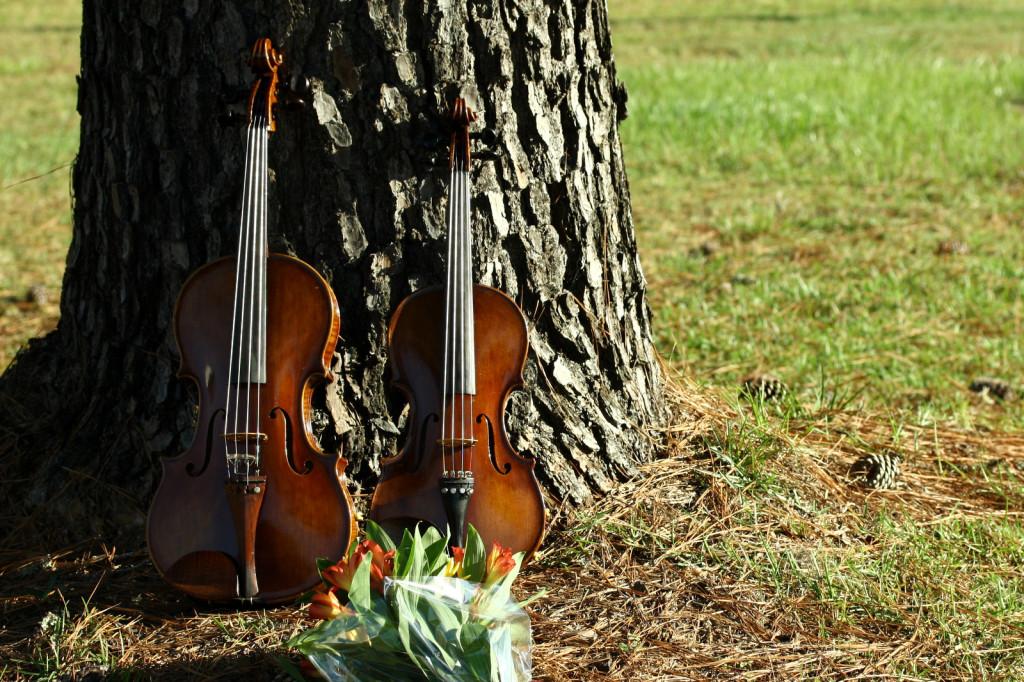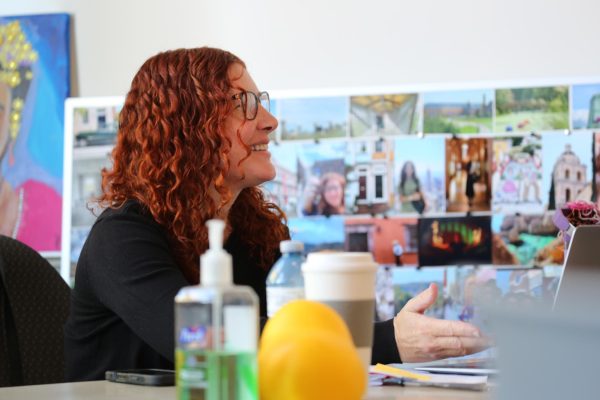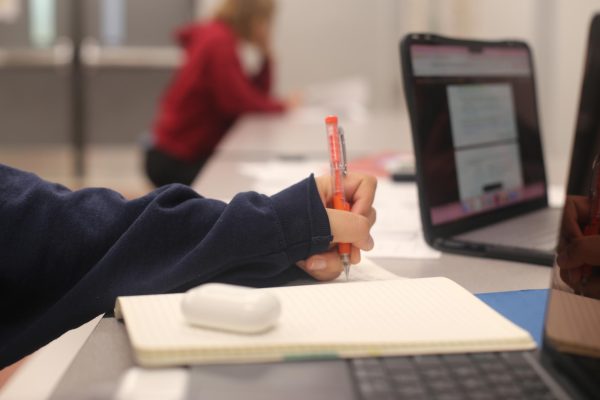An Instrumental Hobby
Memories of elementary school band class are similar for most people: loud, chaotic, and a bit confusing. Although learning an instrument and playing in a band starts out rough, many people continue playing throughout high school and college – some even end up playing as a career. So what are the benefits and what keeps them coming back for more?
“It just opens up new creative pathways for students to express themselves,” said Janet Sommerfeld. She has been playing instruments, primarily clarinet and saxophone, for over 30 years. Instead of eventually dropping her hobby, she ended up pursuing it. “I enjoy it tremendously, and made it my profession,” Sommerfeld said. “As a music teacher, that’s the main reason I’ve continued on playing. But it’s also fun and enjoyable.”
Music teachers like Sommerfeld end up being a large influence on students who continue playing instruments. Abraham Paternoster is a student who plays french horn in the Pioneer Symphony Band and has found that his teacher has helped him to continue with band. “My private teacher has done a lot of forceful inspiring, which has been very helpful,” said Paternoster. His teacher has provided him with enough inspiration to continue music from fifth grade until his senior year of high school.
In addition to great private teachers, the element of fun also aids in making students stick with an instrument. “Mostly I just really like being in the musical ensemble,” said Paternoster. “I really like making the music, concerts are fun. Working to be able to perform well at a concert is worthwhile.”
Lizzie Zinn, another Pioneer student, sees practicing and playing her cello as worthwhile in areas outside performance, as well. After practicing her Pioneer Symphony Orchestra music, she finds that her academic performance is often enhanced. “I think brain activity is kind of sparked by the musical ability that I have,” Zinn said. “I think it’s very important for especially younger kids to get involved with an instrument,” she added. “It’s a good routine to have.”
Research appears to agree with Zinn. According to the American Psychological Association, taking music lessons as a child can provide a lifelong boost in brain functioning. In an article posted by the association, the lead researcher for the study, Brenda Hanna-Pladdy, said, “Musical activity throughout life may serve as a challenging cognitive exercise, making your brain fitter.” The longer you stick with an instrument, the greater the benefits appear to be.
While some people may stop after a year of two of playing an instrument, plenty of others, like Zinn and Sommerfeld, see the benefits and plan on playing instruments for a long time. “I definitely either want to minor in [music] or keep taking lessons, or be in an orchestra,” Zinn said of her plans for college. She could even follow in a parent’s footsteps: “My mom plays the viola in a professional orchestra.”
Somewhere between teachers who inspire, the enjoyment of it all and boosted brain function lies the answer to why playing instruments is such an important part of so many people’s lives. While some just continue playing for fun, sticking with an instrument can also provide lifelong assets like keeping the brain fit as we age. And as to whether or not he would tell someone else to pick up an instrument, Paternoster put it simply; “It feels really good to make music. So, find an instrument that you like and learn to play it.”









